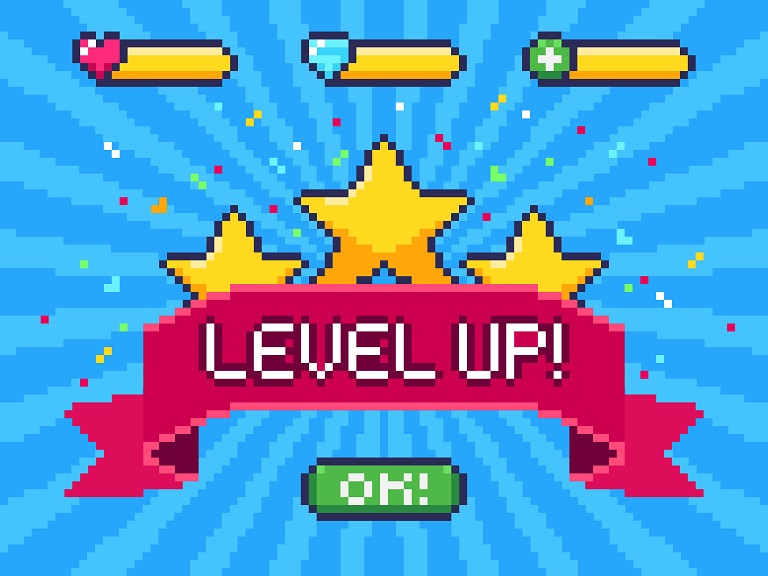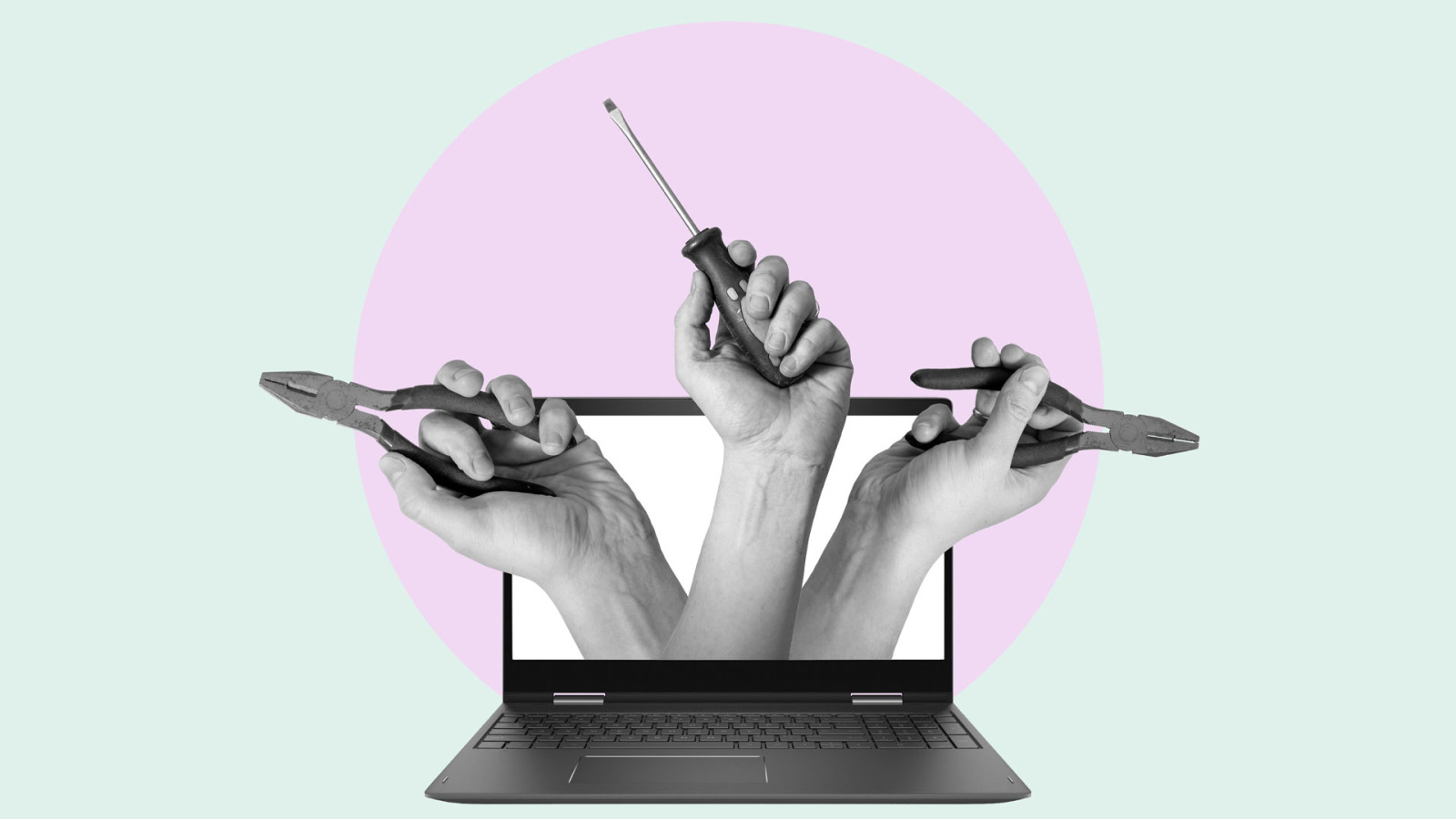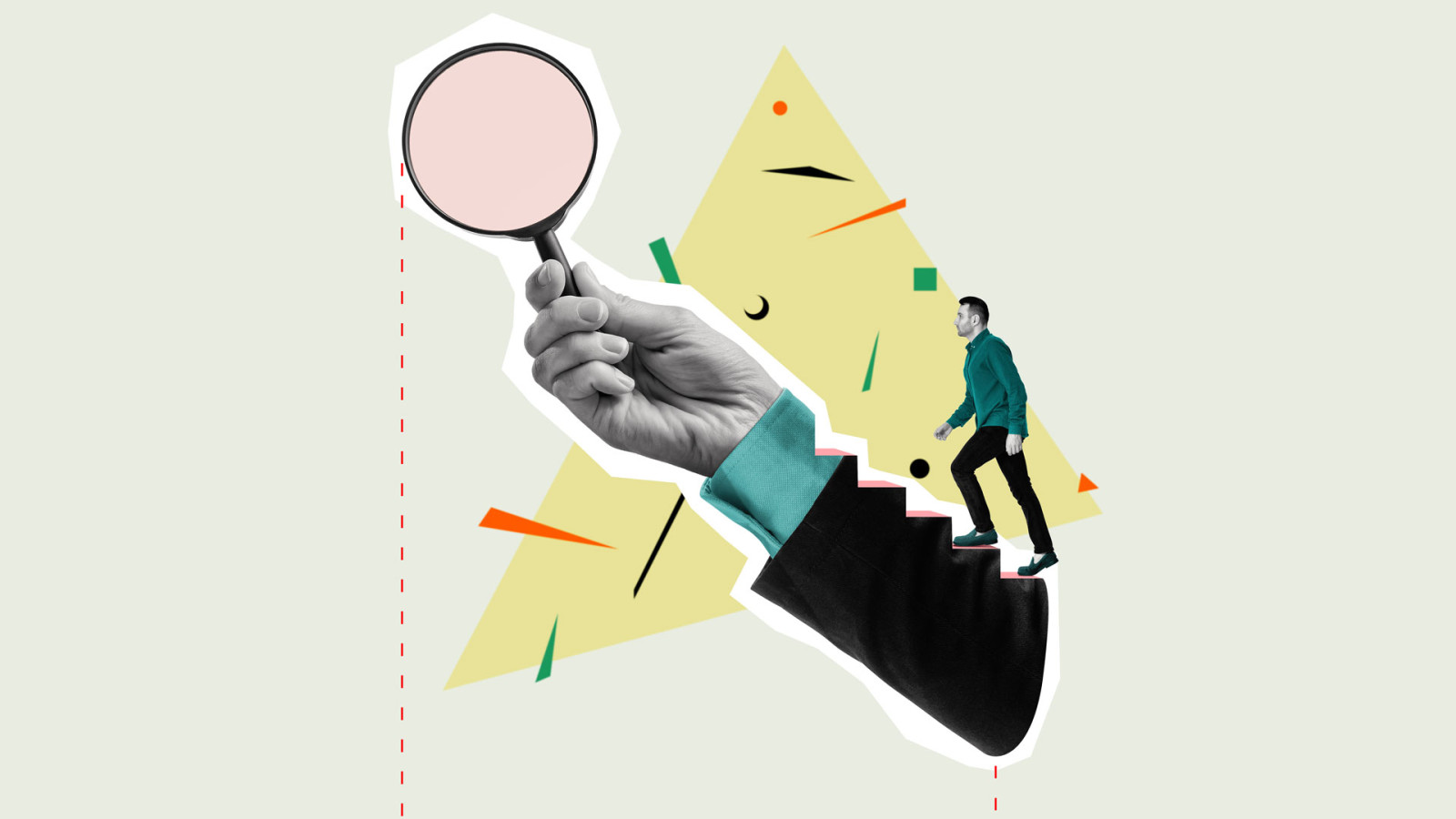
Don’t worry if everything seems a bit unreal at the moment. Philosophers, physicists and Elon Musk have dined out on the notion that we could all be living in a giant computer simulation created by a more sophisticated intelligence. Musk has gone as far as to say there is only a “one in billions” chance that we’re not in a simulation. It’s a great way of stimulating debate and no doubt the sale of electric cars.
The argument goes something along the following lines. Imagine an incredibly advanced civilisation in the future deciding to run simulations of its ancestors to better understand its history. These simulations are populated by digital entities with experiences just like yours. If you can imagine this, then there’s a high probability you’re in one of these hyper-realistic simulations right now. It’s just the sort of thing to tell your grandchildren before they go to sleep.
Of course, the simulation theory is just a fun(ish) way of updating some age old discussions around the relationship between perception, consciousness and reality. Or is it? In the age of lock-down, I take a daily run/jog/crawl around the precious triangle of green grass that is Peckham Rye. As I pass by the pedestrians, homes and shops on my route, it’s fair to say that social distancing has created a new reality or, dare I say, a simulated one?
I’m a veteran (ageing) video games player so I like to imagine that I’m in the ‘Corona Edition’ of Grand Theft Auto on Peckham Rye, exploring an open world that’s wrestling with how to manage a pandemic. I have to say that while this Corona Edition has got hyper-realistic graphics, it does have some glitches in the game-play…
The buses thunder along the road, yet have no passengers. The pubs and restaurants have doors but you can’t go into them. And the pedestrians always walk in twos, endlessly muttering, “well I’m NOT queuing outside Tesco again,” or “I DO think we’ve watched all the good stuff on Netflix”. The mechanics don’t feel quite right but maybe it’s because the game has only recently come onto the market and they haven’t done quite enough testing yet (ahem).
When I return home, I start a new level. I walk into the kitchen to count the number of eggs and tins of baked beans in my fridge with the pride of a hunter-gatherer. In the living room, news reports calmly narrate that 5G towers have been set on fire because radio waves are thought to spread the disease, while a prominent world leader (sarcastically) advocates the curative power of bleach. And when a letter arrives through the door, it’s treated with a reverence normally reserved for visiting members of the Royal Family. What an odd game.
For most of us, the pandemic hasn’t torn up the rules, customs and conventions that structure our lives. But it has aggressively tweaked them. This uncharted territory makes it easy to retreat into a bubble where we’re observing strange events and even stranger behaviours from afar, patiently waiting for normality to reassert itself. Such an approach would seem to offer a level of protection, but it’s really a delaying mechanism – a denial that the world has moved on and that we need to do the same.
Fear not, a solution is at hand: switch off the games console, climb out of your head, talk to people around you and definitely listen to what they have to say. Loved ones, friends, next door neighbours, colleagues and clients will bring you back to reality with their ideas, concerns, priorities and demands. Please note that you may have to engage with some of these individuals via a screen but these are not characters in a game. And neither are you.
Stay ahead of the curve
Sign up to our emails

